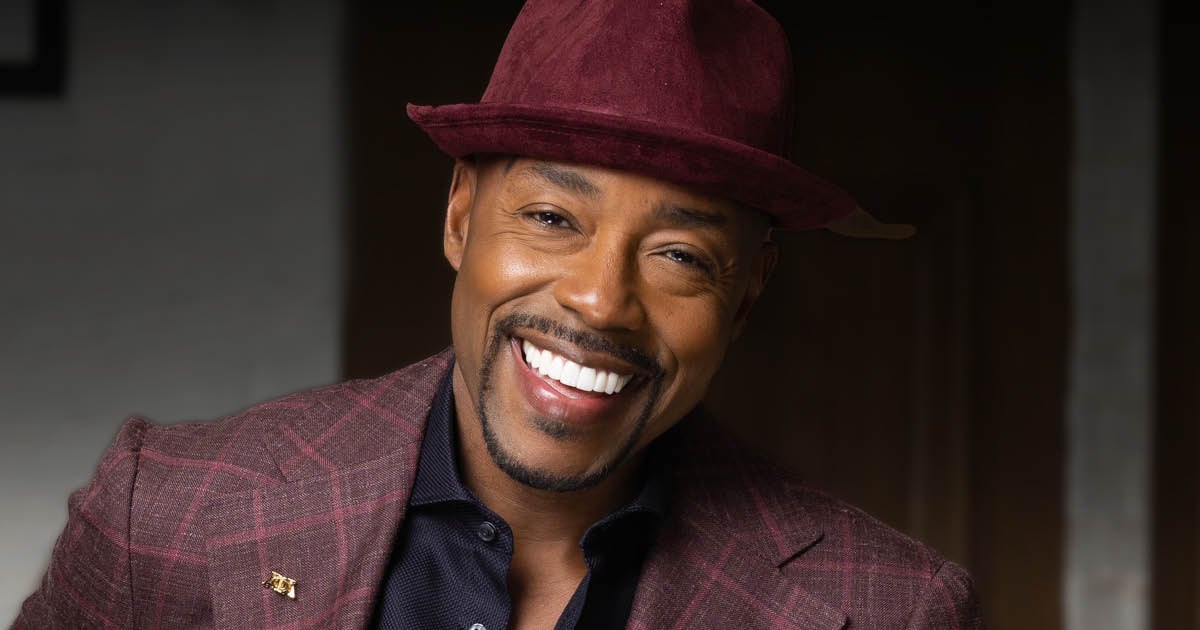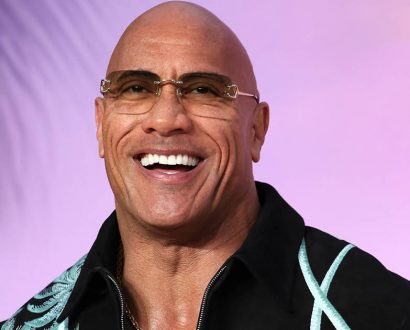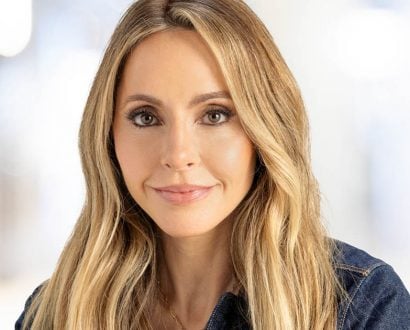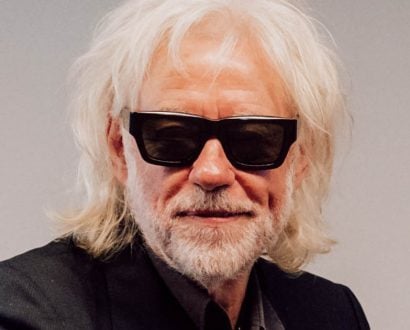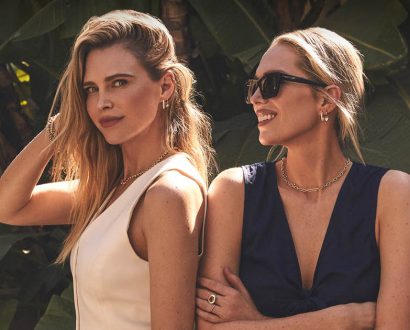Each time Hollywood super producer Will Packer begins work on a new project, whether it be a film, a television series or a podcast, he’ll already have a fictional audience member in mind.
“I give them a name, I give them a profession, I give them a family,” Packer tells The CEO Magazine. “I know exactly who they are.”
So, when the 50-year-old media titan was developing the 2014 monster buddy cop action comedy Ride Along, starring Ice Cube and Packer’s close friend and frequent collaborator Kevin Hart, it all became about ‘Tony’.
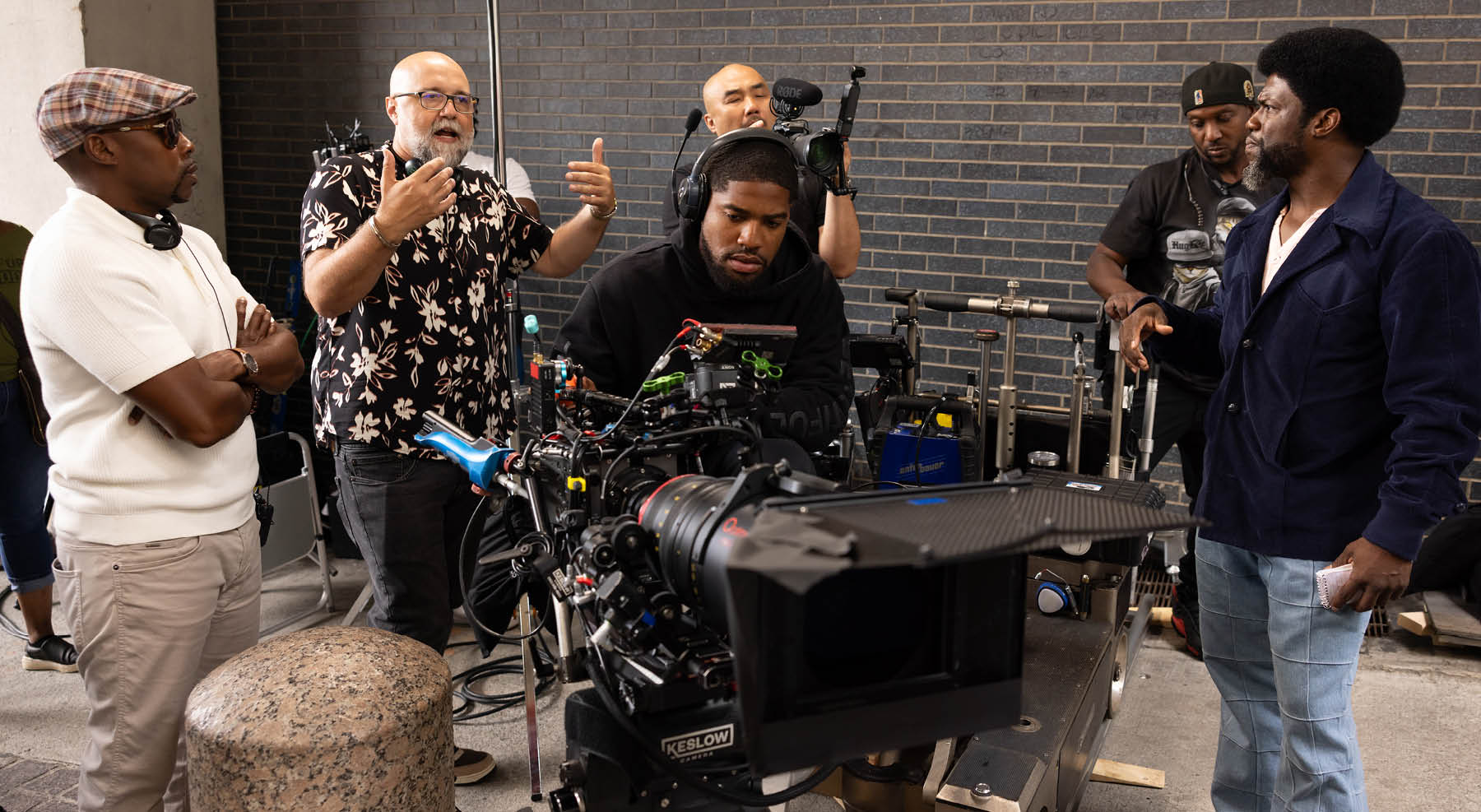
“You’ve got to put the consumer first. If you’re not putting the audience first, then you’re missing out.”
“I imagined a young kid who lives in Miami, he’s a Kevin Hart fan, he doesn’t go to the movies very often,” Packer says with a laugh.
“I used to joke with Kevin and say, ‘Is Tony going to like that? Is Tony going to think this is cool?’ If Tony wasn’t into it, we weren’t doing it.”
Packer may be one of Hollywood’s most successful producers – films from his Will Packer Productions stable have passed a staggering US$1 billion at the box office, including 10 movies that opened at number one at the box office in the United States – but for the Florida native, the audience is king.
Audience is king
It’s a lesson he learned early on by putting on a premiere for his first film, Chocolate City, when no Hollywood executives turned up, but the cinema was packed anyway.
“I don’t make films for Hollywood. I put my audience first. I always have,” Packer says down the line from Atlanta, where he’s lived for 30 years.
In an era where people have so many other entertainment options, Packer has an innate understanding of what his audience wants to watch, even before they do.
“I have to be very aware of what is driving my audience’s attention and their viewing habits,” he says. “I’m not rigid – I am somebody who very much believes that I need to be listening to other people, I need to be listening to what consumers want,” he says.
“You’ve got to put the consumer first. If you’re not putting the audience first, then you’re missing out.”
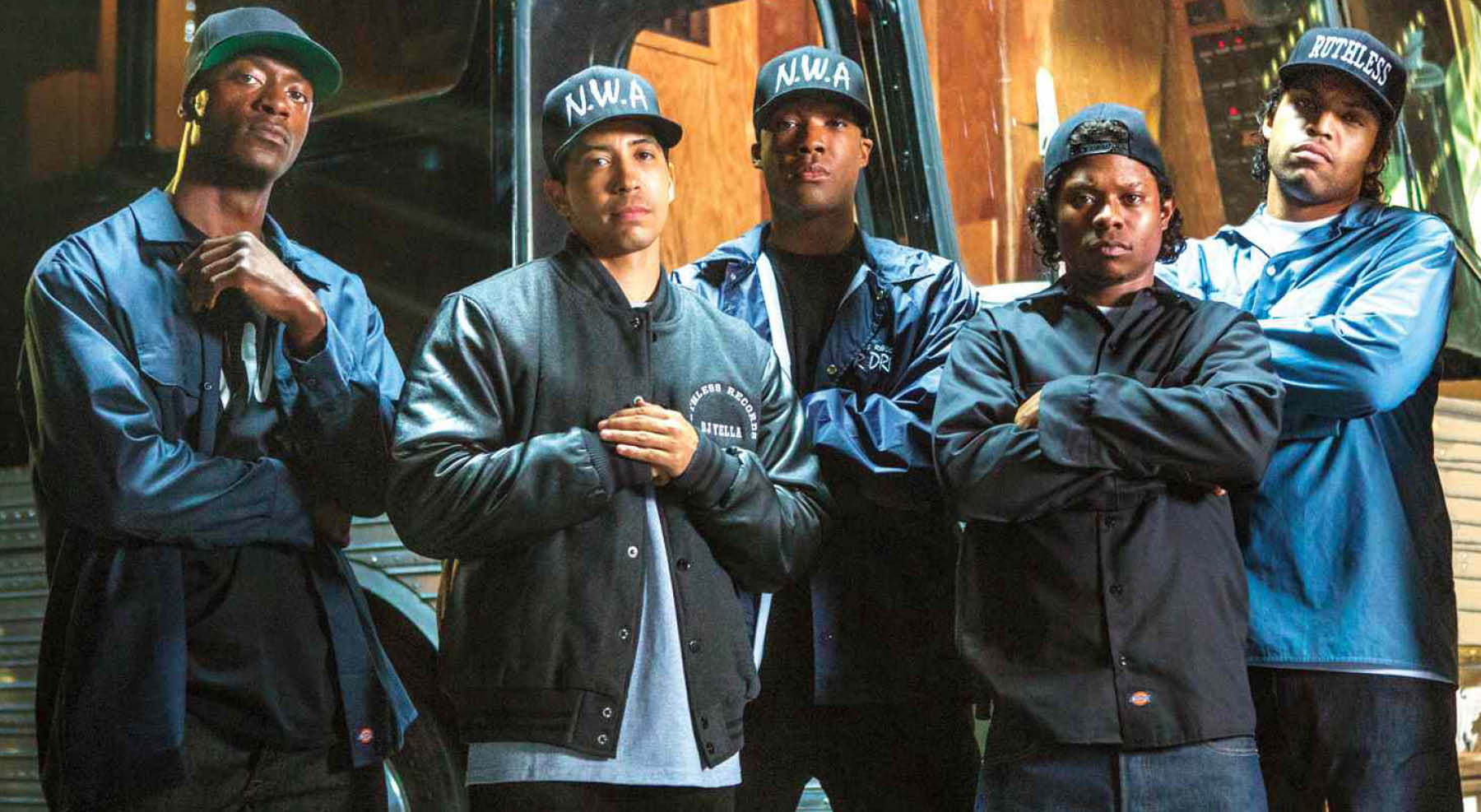
2015 biopic Straight Outta Compton depicted the rise and fall of gangsta rap group N.W.A
And during his three-decade career, audiences have flocked to Will Packer’s movies. Since bursting onto the scene with the 2007 smash Stomp the Yard, he’s had hit after hit with films such as Ride Along (and its sequel), What Men Want, Think Like a Man, Night School, Girls Trip and Straight Outta Compton (based on the story of seminal rap group N.W.A).
“I am somebody that leans toward the commerciality of a project – that’s always my number one driver,” he says.
“It has to be something that is really going to stand out in a super saturated marketplace. Otherwise, you’re just wasting your time. People have got too many options and too much sh*t to do.”
Dreaming big
Packer grew up in St. Petersburg, Florida, determined and driven.
“I grew up in an environment where I wasn’t told what I couldn’t do, I was told what I can do, but I had to make it happen,” he says. “It’s all on me. You are the only thing that limits you and I still believe that.”
At school he didn’t know what career path he wanted to pursue, but he did know one thing: he wanted to be the boss.
“I wanted to be the person calling the shots, so how do I get there?” he says.
A guidance counselor suggested he go to business school and work his way up in a company with an aim to become a vice president or CEO. But Packer was impatient – he wasn’t interested in going ‘the long way around’.
“Then he said, ‘Well, the other thing you could do is start your own business, and you’re the boss – today.’ And I thought, you know what, that’s what I’m going to do,” the charismatic Packer says with a laugh.
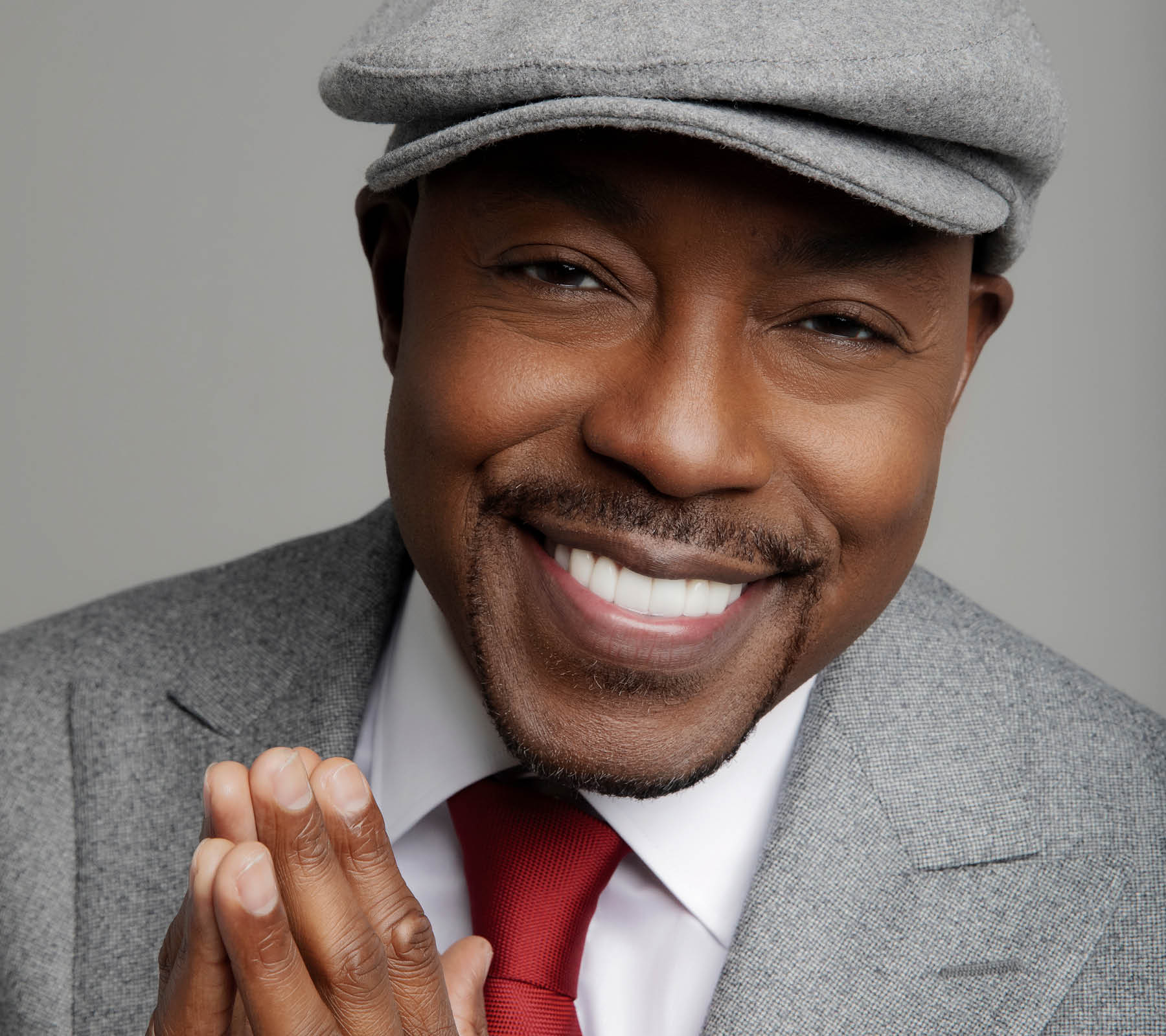
Image: Cécile Boko
“I thought, well, I’ll be an entrepreneur and that became my dream: I’ll go out and start my own business.”
“And then he said, ‘Well, that means you’ll be an entrepreneur,’ and I thought, well, I’ll be an entrepreneur, and that became my dream: I’ll go out and start my own business. But it just so happened that I fell in love with storytelling along the way and now my business is a global media company.”
Packer studied electrical engineering at Florida A&M University. There he met former business partner and lifelong friend Rob Hardy, who had ambitions to be the next Spike Lee (the two would go on to start Rainforest Films together).
He helped Hardy raise US$20,000 to finance his film while they were at college, involving himself in casting, post-production and negotiating a ‘horrible’ deal with a direct-to video distributor.
They didn’t make a cent. But the film made it to the shelves of Blockbuster.
“We were legit,” Packer reflects.
Breaking through in Atlanta
After graduation, Packer headed straight to Atlanta rather than Los Angeles or New York, where he knew he’d “just be another small fish in a big pond”.
He was drawn instead to Atlanta’s thriving creative class. In the mid-90s, the music scene was starting to sprout, and Packer thought it was the perfect place to launch a film business.
“Film hadn’t really taken off there yet, but it felt like this new and exciting market, and I was drawn to it because it’s one of those places where people who have a dream and are willing to work hard for it, a lot of people have had success there,” he recalls.
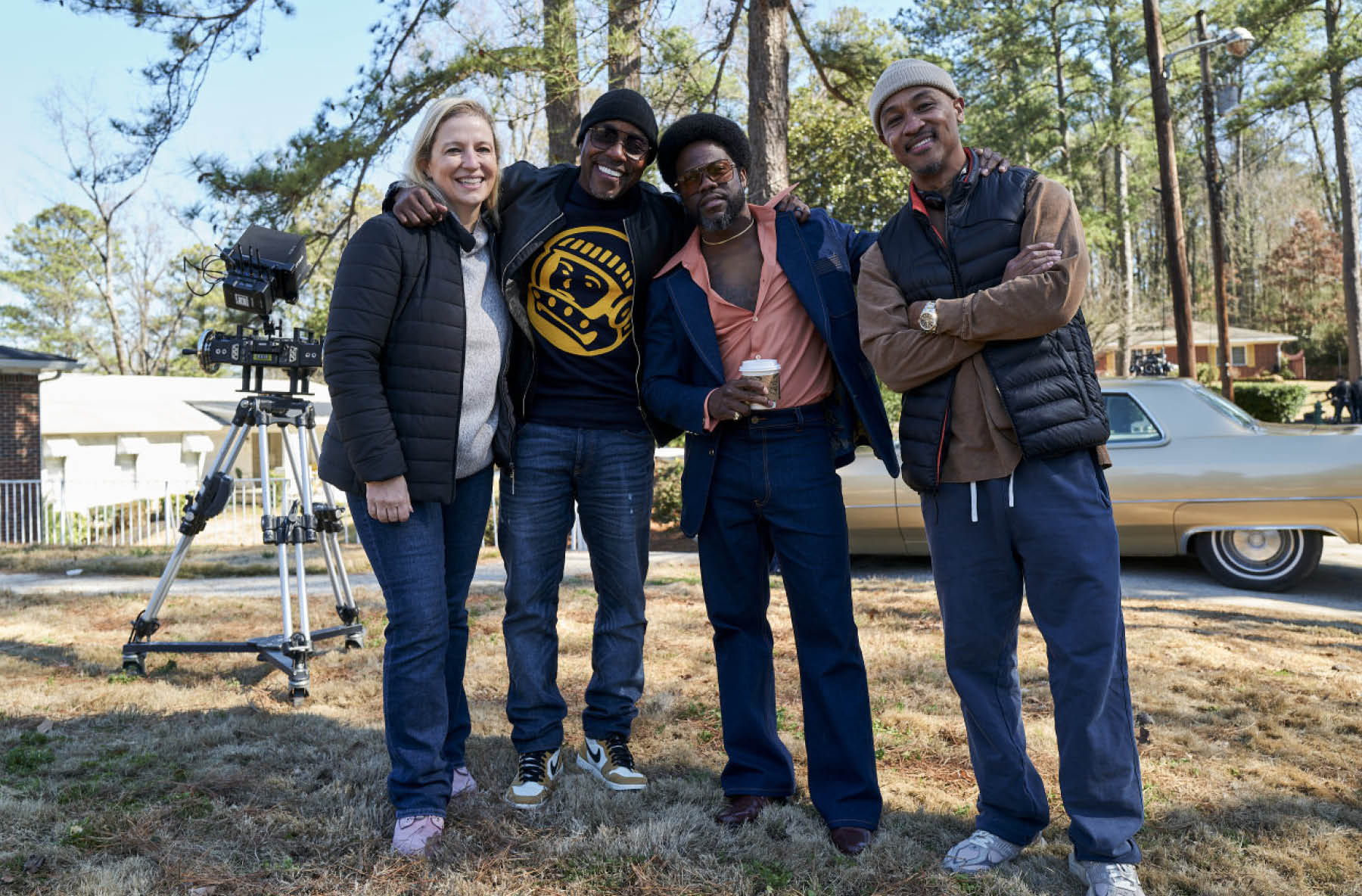
“I am around regular people and people that are outside the industry – the people that we’re trying to connect with, so it helps to have a different perspective.”
Packer credits Atlanta as playing a major part in his success, saying it has helped him to be separate from the Hollywood ‘bubble’.
“Hollywood has become its own echo chamber and you get a lot of people in Los Angeles using the same terms and terminology – they start to speak the same way, because they’re around the same people,” he says.
“I think one of the benefits of having never lived full-time in Los Angeles is that, on a daily basis, I am around regular people and people that are outside the industry – the people that we’re trying to connect with, so it helps to have a different perspective.”
Telling Black stories
For Packer, part of that perspective was getting more Black stories on the big screen and on television (all his films and TV series feature predominantly Black casts). When he founded Will Packer Productions in 2014, he wanted to tell “authentic stories, connecting with audiences where they are”.
“There was a dearth of authentic stories for an audience that wanted to see themselves on screen,” he says.
He knew there was a gap in the marketplace for such stories and he also wanted to change Hollywood’s patriarchal ideas around what the industry considered commercially viable.
“This industry has kept propping up the same types of storytellers for generations,” he says. “But now there’s an opportunity for folks like me to bring in those scripts that I know have a different voice. We are seeing projects that feel more diverse, more like the actual world we live in.”
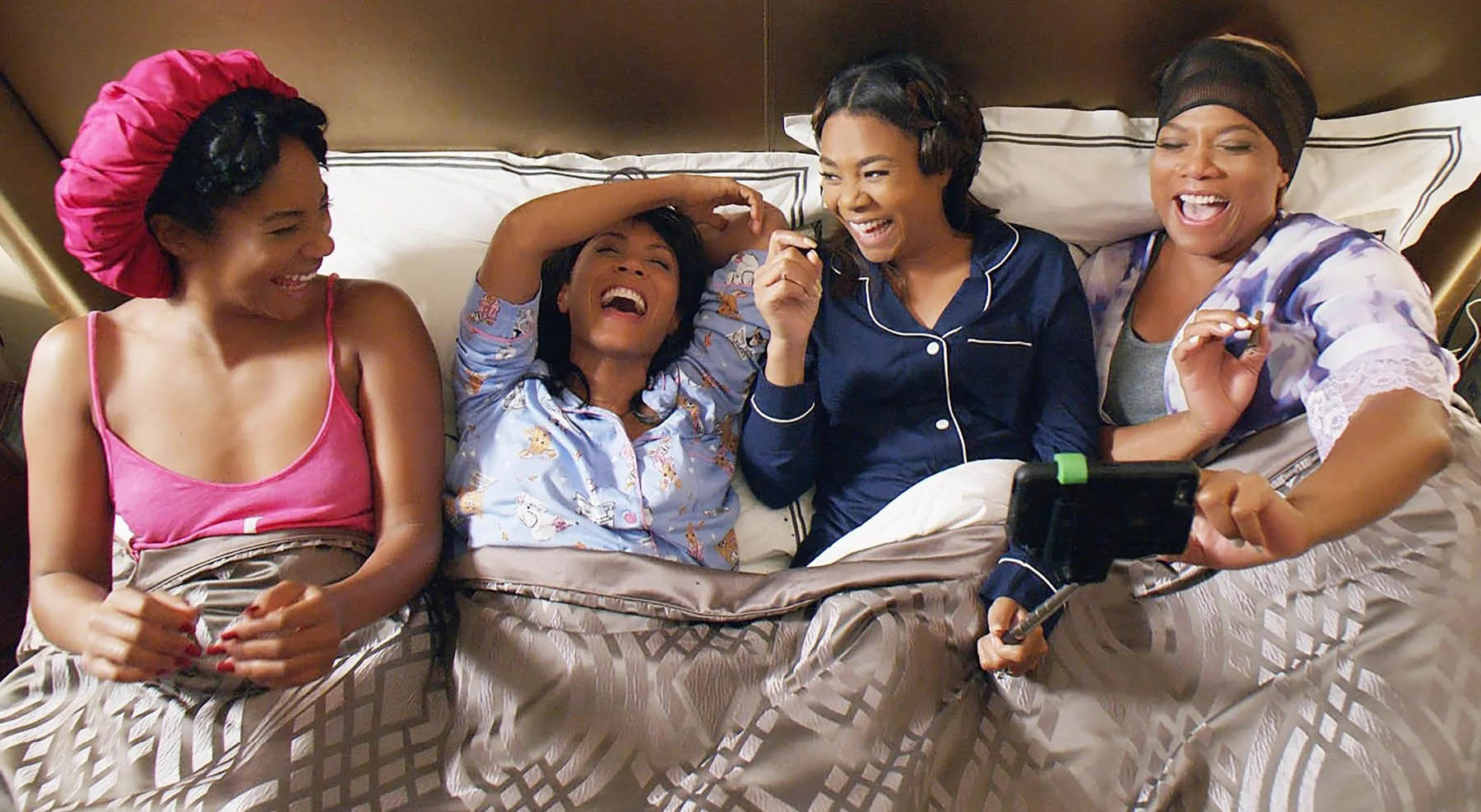
Starring Queen Latifah, Jada Pinkett Smith, Tiffany Haddish and Regina Hall, 2017’s Girls Trip was a box-office hit
“All I’ve ever wanted to do is show Black people and tell stories around the Black experience, that are full-rounded stories, that are true and authentic. It’s a great power and a great responsibility that I take very seriously.”
He points to the success of his 2017 film Girls Trip, which starred Hollywood big guns Queen Latifah, Jada Pinkett Smith, Tiffany Haddish and Regina Hall, and was the first film produced, written, directed by and starring African Americans to cross US$100 million at the domestic box office, earning US$140 million globally.
“I wanted to produce stories for an underserved audience but do it in a way that brought the story to them. I could try and change the audience’s viewing habits to fit my needs, but I knew I had to go where the audience was,” he explains.
Packer says he’s proud to be at the forefront of change in Hollywood.
“All I’ve ever wanted to do is show Black people and tell stories around the Black experience, that are full-rounded stories, that are true and authentic. It’s a great power and a great responsibility that I take very seriously,” he says.
Leaving a legacy
Right now, the media mogul’s laser-like focus is on his latest television project, Fight Night: The Million Dollar Heist. Starring Kevin Hart, Samuel L Jackson, Taraji P Henson and Don Cheadle, the eight-part drama series is based on the true story of an armed robbery orchestrated around Muhammad Ali’s 1970 comeback fight in Atlanta. It’s classic Packer fare.
“Fight Night is about a dreamer who’s got this dream of becoming a big-time entrepreneur and putting Atlanta on the map,” he says.
But, for the first time, he’s also got one eye firmly on the future.
“I am someone that is very much focused on the now, like Fight Night – I have to make sure I can rally my talent and put it in the right places because, as the environment is so crowded, I don’t want to be a tree falling in the woods,” he says.
“But I’m also at the stage of my career where I have to have an eye toward the next five, 10, 20 years.”
Packer says that legacy is “me looking toward the future and thinking about the impact that I can have on the community”. That has recently included becoming a limited partner in the Atlanta Falcons, making him one of the few African Americans to have ownership at any level of an NFL franchise.
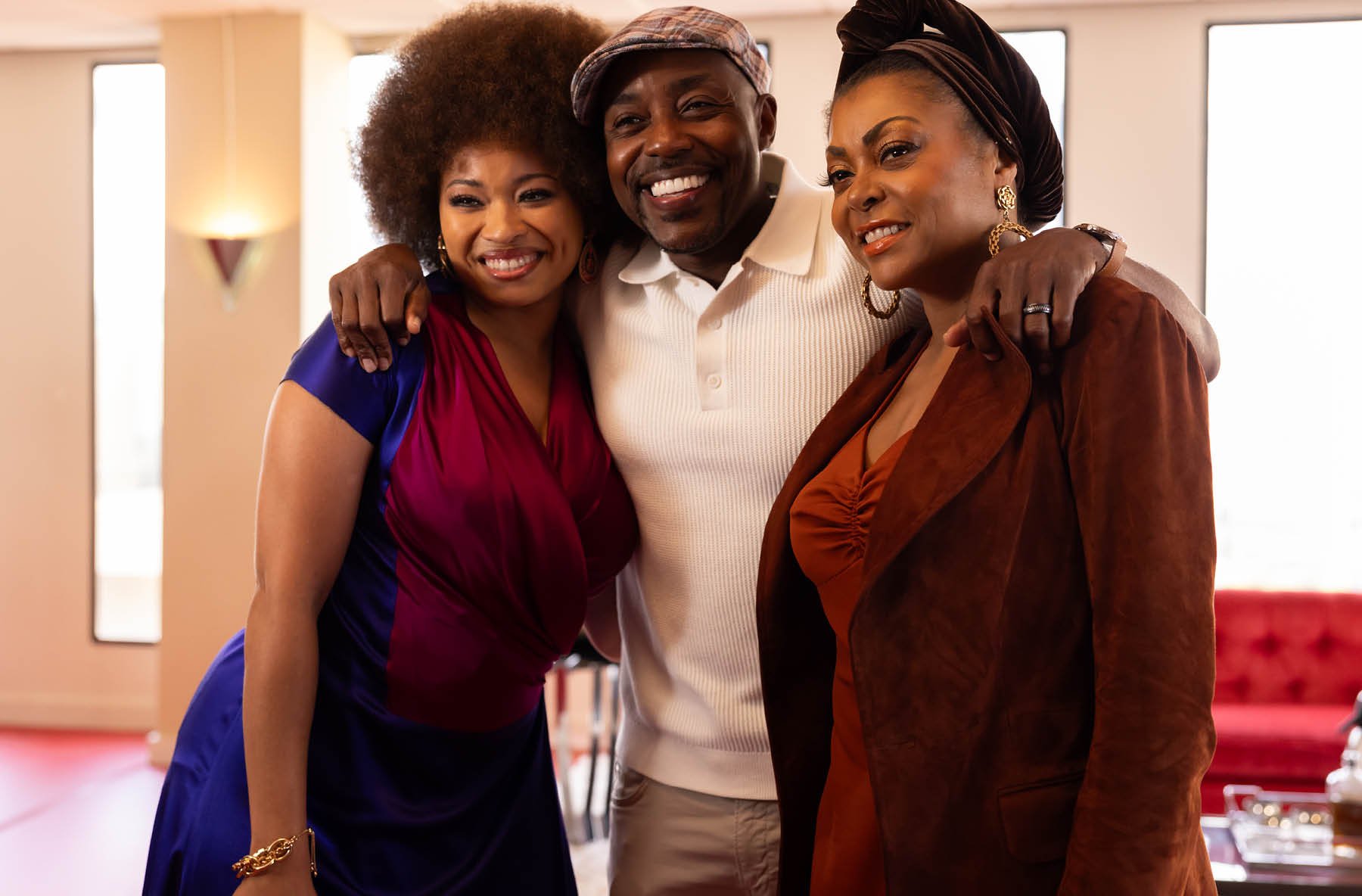
“As a young Black boy growing up in St. Petersburg, far away from Hollywood or any of the famous celebrities that I deal with now on a daily basis, I felt like, why not me? Why not me?”
“It’s just as much about myself and my legacy and my family, as it is having other young people who look like me be able to see that success doesn’t just look like the person who’s on the field throwing or touching or running the touchdowns. It also looks like the person who is in the owner’s suite, and the person in the owner’s suite looks like Will Packer now,” he says.
And he’s as hungry as ever to expand his business pursuits, which also include Will Packer Media, a TV and branded content company, Collective Edge Management Company, and WP Narrative, which produces podcasts and focuses on storytelling in non-traditional ways.
And just when you wonder when the man ever sleeps, he’s also got a new book due for release in 2025, aptly titled, Who Better Than You? The Art of Healthy Arrogance and Dreaming Big, written to inspire the younger generation and to show them that they can do it, too.
“As a young Black boy growing up in St. Petersburg, far away from Hollywood or any of the famous celebrities that I deal with now on a daily basis, I felt like, why not me? Why not me?” he says.
“I’m a hard worker willing to do what’s necessary, why can’t I be somebody that achieves the highest levels of success? So, once you have that in your mind, once you know that it’s possible, then it’s about putting the work in. It’s all about believing.”

